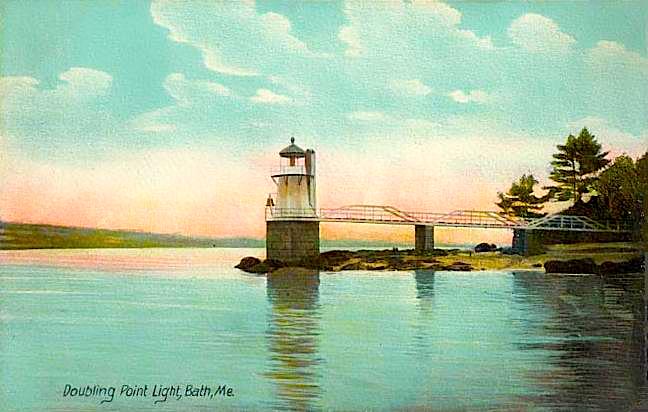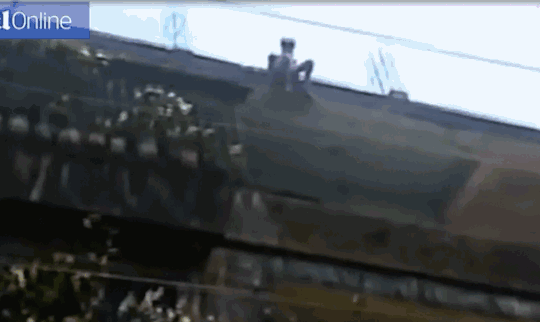Thinking of You
Our Daily Correspondent

A postcard from Maine. Photo via Wikimedia Commons
When I was thirteen, and my dear friend Laura went on a teen hiking tour of the British Isles, I wrote her religiously. Letters, yes, but cards, too. I was stationary in New York, but I had found a lot of vintage postcards somewhere ,and sent a pair of fictional spinsters around the country on an imaginary road trip; each card chronicled their increasingly lurid and ridiculous adventures. One of the sisters proved man-crazy, the other developed a gambling addiction in Reno. When Laura transferred to a boarding school in Wales, their adventures continued.
Nowadays, that doesn’t seem like that big a deal. People are always sending Flat Stanleys and toys and gnomes around the world; you can download a template right from the Internet. Nothing new under the sun, I guess, but I loved having that imaginative connection to a friend across the world.
Now, as a grownup on vacation, I’m sitting here with a pile of postcards in front of me, wondering what to do about it. What, after all, is a postcard? In the age of e-mail and Instagram and Twitter, it’s a self-conscious anachronism. When you read an old postcard, their messages—in that spindly, legible, Palmer-script hand—are often strikingly banal. People really do say “wish you were here,” without embarrassment, and talk about the weather. With traditional postcards, the thought iswhat counts; these were, by and large, generic images bearing the most impersonal of greetings.
The modern postcard, paradoxically, takes some work. One must find stamps and mailboxes. And addresses are a problem: they are specific and important and not usually very close-at-hand. And there are few things more anticlimactic than having to secure someone’s address before surprising them with a mailing.
We still like to be thought of; of course we do. But now, an earnest view and a few inanities wouldn’t cut it. There has to be some element of self-conscious irony; the deliberate cheesiness of a classic vista, the weirdness of a subject, the cheery “wish you were here” sent from a site of carnage or tragedy.
I owe that dear friend a letter. I owe her much more than that. A dozen times I have started an e-mail, but I have never had the nerve to write. But being up here in Maine, where we first met—we both hadA Tree Grows in Brooklynon the shelves over our bunks at camp—I think of her all the time.
Perhaps that is the point, after all. Maybe I can re-animate those adventures. Maybe, sometimes, “Wish You Were Here” is actually enough.


